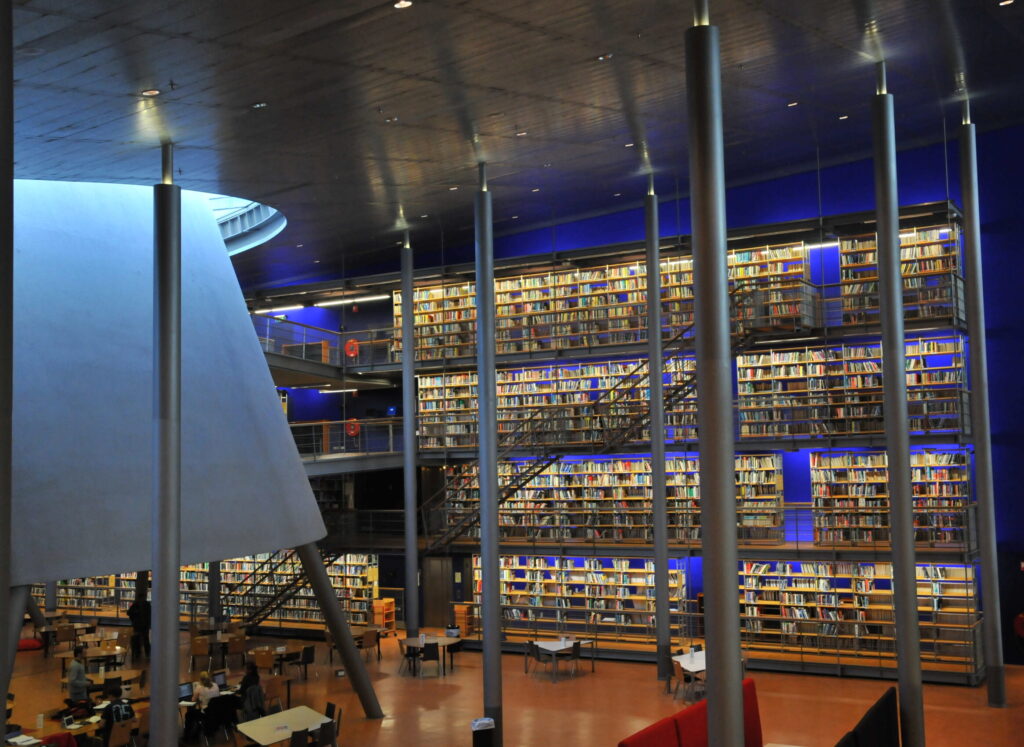
Wouldn’t it be nice to have an easy overview of where your research is published, how you are doing on the Open Access/ Open Science front, what journals your researchers are reading and many more related topics?
In autumn 2021 we hope to work together with the faculties in brand new collection and publication taskforces. These taskforces are important to make sure our collection and publication services evolve according to the wishes and needs from each faculty.
One of the ideas we’ve come up with to facilitate these discussions and provide transparency is to create a dashboard with all sorts of information regarding these subjects. This was also a recommendation from the consultants of InformationPower, as you can read in their A Vision for 21st-Century Scholarly Collections report.
What do we want to share?
Previously we’ve created a ‘Current subscription’ list for all the faculties, to give them more insight in the numbers regarding subscriptions and publications. For the dashboard our first step is to create a minimal version that needs to provide that same information at the least.
With the dashboard we aim to include more information, like is the publication Open access and what kind? How often was the publication shared, quoted or covered in the media? What are the APC costs and how have they developed in the last few years? What are the costs of our subscriptions and how often do we make use of them?
This first version of the dashboard will only be the starting point and we will continue to improve and expand the dashboard according to the input we receive from the taskforces. That way we can have discussions based on facts and figures to find our way forward in these interesting times.
Next steps
With the support of the Data Insights team and the Strategic Development team we’re creating the Dashboard in Tableau . This may sound easy, but we still have to come up with ways to combine all our different sources, clean the data and figure out the best way to show and filter it. Another challenge is finding ways to import the data automatically or at least in a very easy way. For the ‘Current subscription’ list we had to import a lot by hands and it took a lot of time.
We’re now in the middle of setting up a team for this project, so if you like to participate or want to recommend someone, let me know. The team will invest time in learning an Agile approach to this project, so we can easily adjust and be flexible when we get input from the faculties. We also like to train ourselves in the basics of Lean, so we all speak the same language and can connect with other departments who are also being trained in the Lean way of thinking about continuous improvement of services and processes. Fortunately several members of the Process Steward Network have already stated their support and are willing to share their knowledge.
If you have ideas, feedback or other comments I’d very much like to hear them. You can leave a comment or e-mail me directly.


